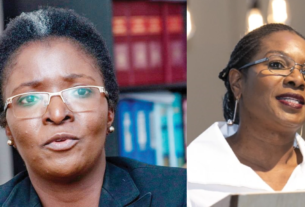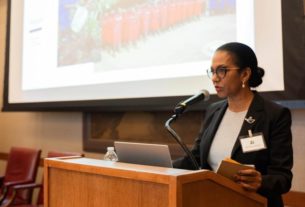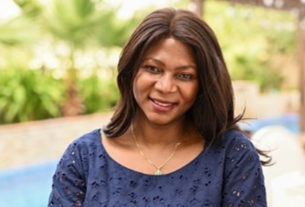The United Nations University (UNU) has announced on May 2 the appointment of six new members to the UNU Council. The new appointees, who will serve six-year terms (2022‒2028), will formally take office on 4 May and will participate in the upcoming 77th Session of the UNU Council on 30–31 May.
The six new UNU Council members are: Ms Yamini Aiyar (India), President & Chief Executive, Centre for Policy Research; Prof. Sir Hilary Beckles (Barbados), Vice-Chancellor, The University of the West Indies; Dr Enrique Forero (Colombia), President, Colombian Academy of Exact, Physical and Natural Sciences; Prof. Catherine Kyobutungi (Uganda), Executive Director, The African Population and Health Research Center; Amb. Kuni Sato (Japan), Advisor, East Japan Railway Trading Co., Ltd; and Dr Vanessa Scherrer (France), Vice President for International Affairs of Sciences Po.
The new UNU Council members were appointed jointly by United Nations Secretary-General António Guterres and UNESCO Director-General Audrey Azoulay, in accordance with the UNU Charter. Appointed Council members serve in an individual capacity ― not as representatives of their country’s government ― and are selected with an eye to achieving a geographic and gender balance, with due regard to major academic, scientific, educational, and cultural trends and expertise.
Global think tank and postgraduate teaching organisation
The United Nations University (UNU) is a global think tank and postgraduate teaching organisation headquartered in Tokyo, Japan. The mission of the UN University is to contribute, through collaborative research and education, to efforts to resolve the pressing global problems of human survival, development and welfare that are the concern of the United Nations, its Peoples and Member States. In carrying out this mission, the UN University works with leading universities and research institutes in UN Member States, functioning as a bridge between the international academic community and the United Nations system.
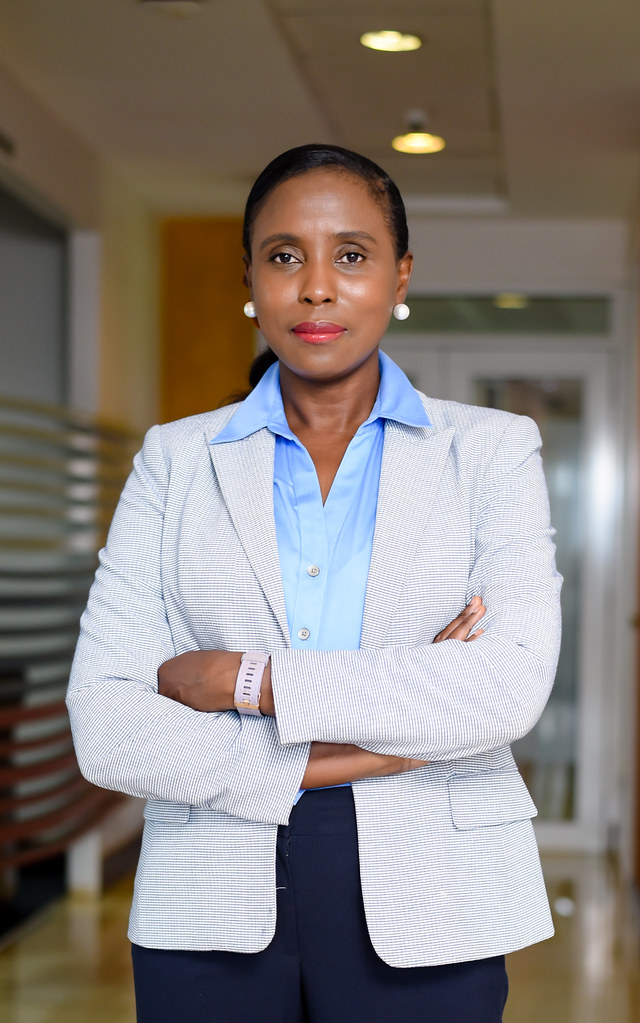
The UNU Council serves as the governing board of the United Nations University. It is composed of 12 appointed members (who serve in an individual capacity, not as representatives of their countries), the UNU Rector, and three ex officio members (the UN Secretary-General, the UNESCO Director-General and the UNITAR Executive Director). The UNU Council is responsible, inter alia, for devising the principles and policies that govern the University’s operations, and for considering and approving the UNU budget and work program.
Executive Director at APHRC
Dr Catherine Kyobutungi holds a PhD in Epidemiology from the University of Heidelberg (2006), and a Master of Science in Community Health and Health Management (2006). Since October 2017, she is the Executive Director at the African Population and Health Research Center (APHRC), a leading pan-African research institution headquartered in Nairobi, Kenya, that conducts high quality policy-relevant research on population, health, education, urbanization and related development issues across Africa. “For me the important thing is that we are doing research not for the sake of research, but to generate policy-relevant evidence while building credible profiles to be able to speak and be listened to where it matters. So that people making policy decisions have the best evidence available to them and they think about it and they look for it, and the evidence actually goes into policies”, she said at the time of her appointment as Executive Director at the APHRC.
She was formerly the Director of Research and has served APHRC in several leadership roles over the past decade, having joined as a Post-doctoral Fellow in May 2006.
Her research interests are in chronic disease management as a framework for bridging the gap between what we know about non-communicable diseases and health system responsiveness. She is also exploring the role of digital technology in connecting patients with their healthcare systems.
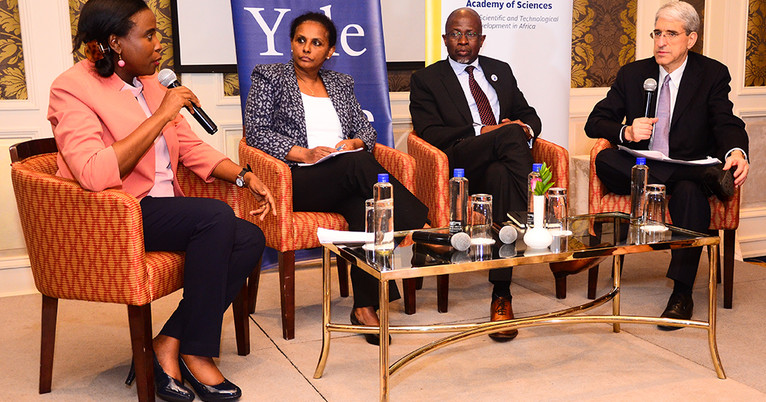
Prior to her graduate studies, Dr Kyobutungi studied Medicine at Makerere University, Kampala, after which she worked for three years as a medical officer at Rushere Hospital, a rural health facility in Western Uganda. Before and during her graduate studies, she was an Assistant Lecturer and later a Lecturer in the Department of Community Health at the Mbarara University of Science and Technology.
Fellow of the African Academy of Sciences
In 2018, Dr Kyobutungi was elected as a Fellow of the African Academy of Sciences and in 2019, she was selected as Joep Lange Chair at the University of Amsterdam; a position in which she investigates chronic disease management in African countries. In this contexte, Dr. Kyobutungi supported health workers to visit local communities with blood pressure cuffs to monitor for Hypertension. She found that to encourage patient and doctor participation, she had to include an economic incentive, offering 100 schillings for every screened patient who visits the clinic.
She is co-director of the Consortium for Advanced Research Training in Africa (CARTA), a programme that seeks to build and strengthen the capacity of African research leaders, and has trained more than 230 PhD fellows in eight African universities.
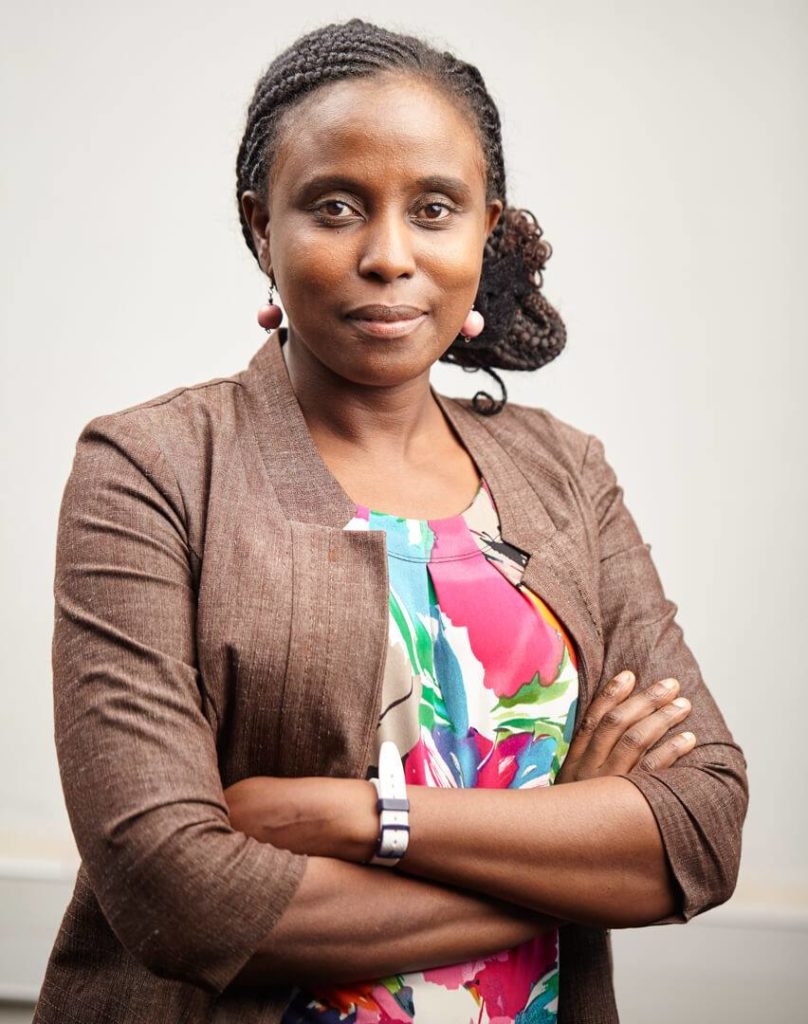
Dr. Kyobutungi has served on numerous boards, panels, and expert groups, including the United States International University in Africa (USIU-A) Council; INDEPTH Network Board of Directors; Partnership for Maternal, Newborn & Child Health (PMNCH); Advisory Council of the African Diaspora Fellowship Program at the Institute of International Education; and the steering committee of the Countdown to 2030 Initiative.
Since 2019, Dr. Kyobutungi has been a member of the Lancet–SIGHT Commission on Peaceful Societies Through Health and Gender Equality, an independent and international commission dedicated to generating new knowledge and evidence on the relationship between health equity, gender equality, conflict, and peace, and practical recommendations on how health equity and gender equality interventions can contribute to more peaceful societies.
Dr. Kyobutungi was the inaugural Chair of the Kenya Epidemiological Association. She has made efforts to improve girls’ access to education, including the development of community resources and trained mentors.

